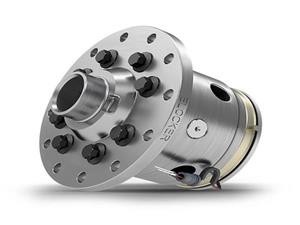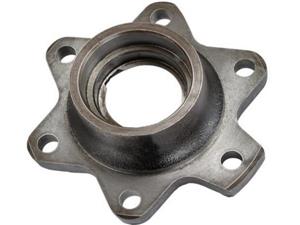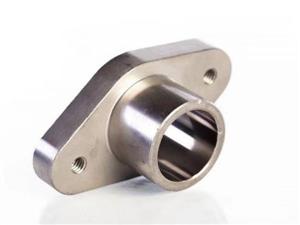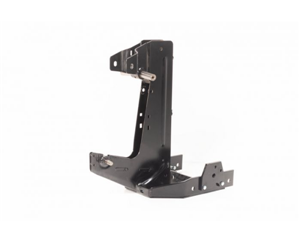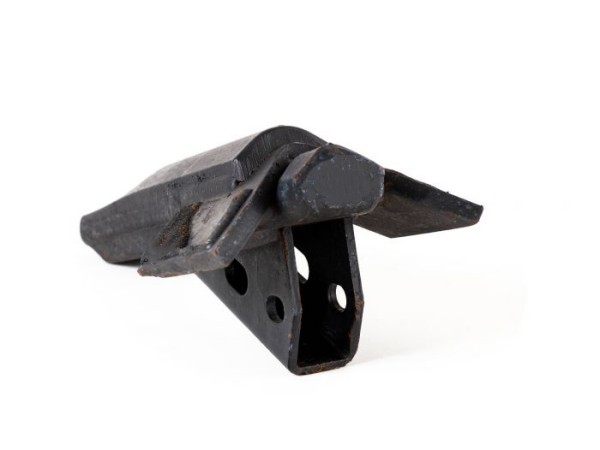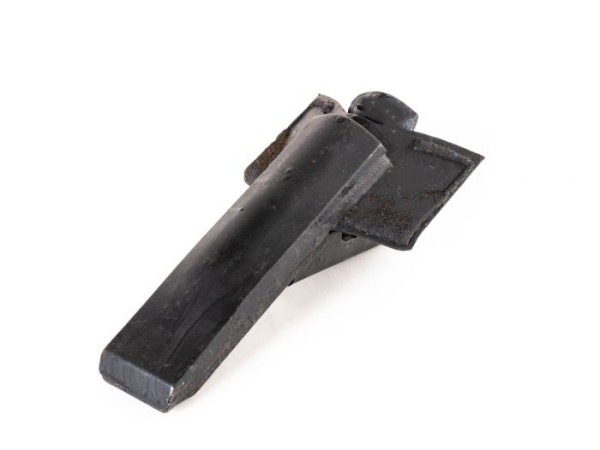What is the difference between precision casting and ordinary casting
Casting is an ancient manufacturing process with a history of thousands of years. With the development of science and technology, casting processes are also constantly advancing and improving, with precision casting and ordinary casting being two different types of casting processes. This article will explore the differences between precision casting and ordinary casting from the perspectives of materials, processes, and applications.
From the perspective of materials, precision casting uses finer and purer materials, such as metal alloys, ceramics, plastics, etc., while ordinary casting uses relatively simple materials, such as iron, copper, aluminum, etc. The materials used in precision casting are of higher quality, resulting in finer and more precise parts that can achieve high precision and strength.
From the perspective of process, precision casting uses CNC machine tools, photolithography, plasma spraying and other high and new technologies. The process flow is more precise and complex, requiring a high level of technology and process. Ordinary casting, on the other hand, adopts traditional sand casting, pressure casting and other processes, with relatively simple process flow and low technical requirements. Compared to ordinary casting, precision casting has higher production efficiency and can meet higher production requirements.
From the perspective of application, precision casting is mainly used in high-precision and high-strength component manufacturing, such as aviation, aerospace, medical equipment, automotive manufacturing, and other fields. Ordinary casting is mainly used in the manufacturing of relatively simple components, such as construction, machinery manufacturing, agricultural machinery manufacturing, and other fields.
In summary, there are significant differences between precision casting and ordinary casting in terms of materials, processes, and applications. Although precision casting has a high production cost, it can produce high-quality components and has a wider application prospect. I believe that with the continuous development of science and technology, precision casting will become increasingly mature and an important component of the manufacturing industry.

